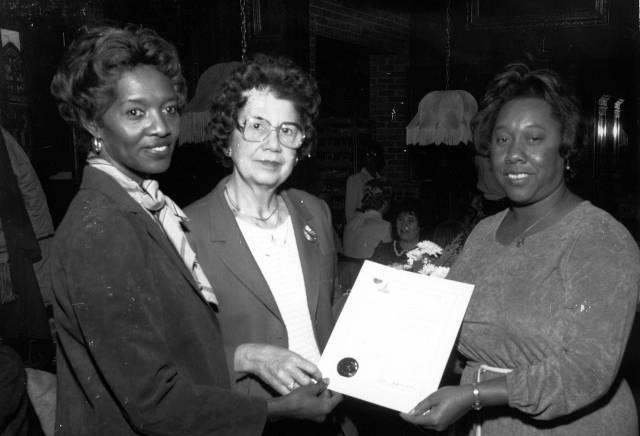Until the Indiana General Assembly created the Indiana Family Social Services Administration (FSSA) in 1991, the Marion County Department of Public Welfare, later renamed the County Office of Family and Children, distributed federal, state, and local public assistance throughout the county. The department was established by the state’s Welfare Act of 1936. It was organized and administered under the authority of the Indiana Department of Public Welfare, which was not affected by the implementation of .

The department was divided into three divisions: family services, child welfare services, and food stamps. The family services programs included Aid to Families with Dependent Children (AFDC) and special assistance for the elderly, blind, and disabled. The child welfare services included foster homes, adoption programs, and the guardian home, as well as assistance for children of abusive parents, and assistance in obtaining medical care for disabled children of poor families. The food stamps division distributed food stamps to qualifying applicants.
The department was governed by a five-member Board of Public Welfare appointed by the judge of the Marion County circuit court. Members served four-year terms. No more than three members could be of the same political party, and all members had to have been residents of the county for at least two years prior to selection. The board met monthly to determine policies and approve transactions of the department.
After it was created in 1991, the Indiana FSSA established a Division of Family Resources (DFR) “to consolidate and better integrate the delivery of human services by state government.” The Marion County Division of the DFR establishes eligibility for Medicaid, the Supplemental Nutrition Assistance Program (SNAP), and the Temporary Assistance for Needy Families (TANF). DFR manages the delivery of these benefits that respectively provide health care, food, and cash assistance. DFR also provides employment and training services to SNAP and TANF recipients.

Help improve this entry
Contribute information, offer corrections, suggest images.
You can also recommend new entries related to this topic.

